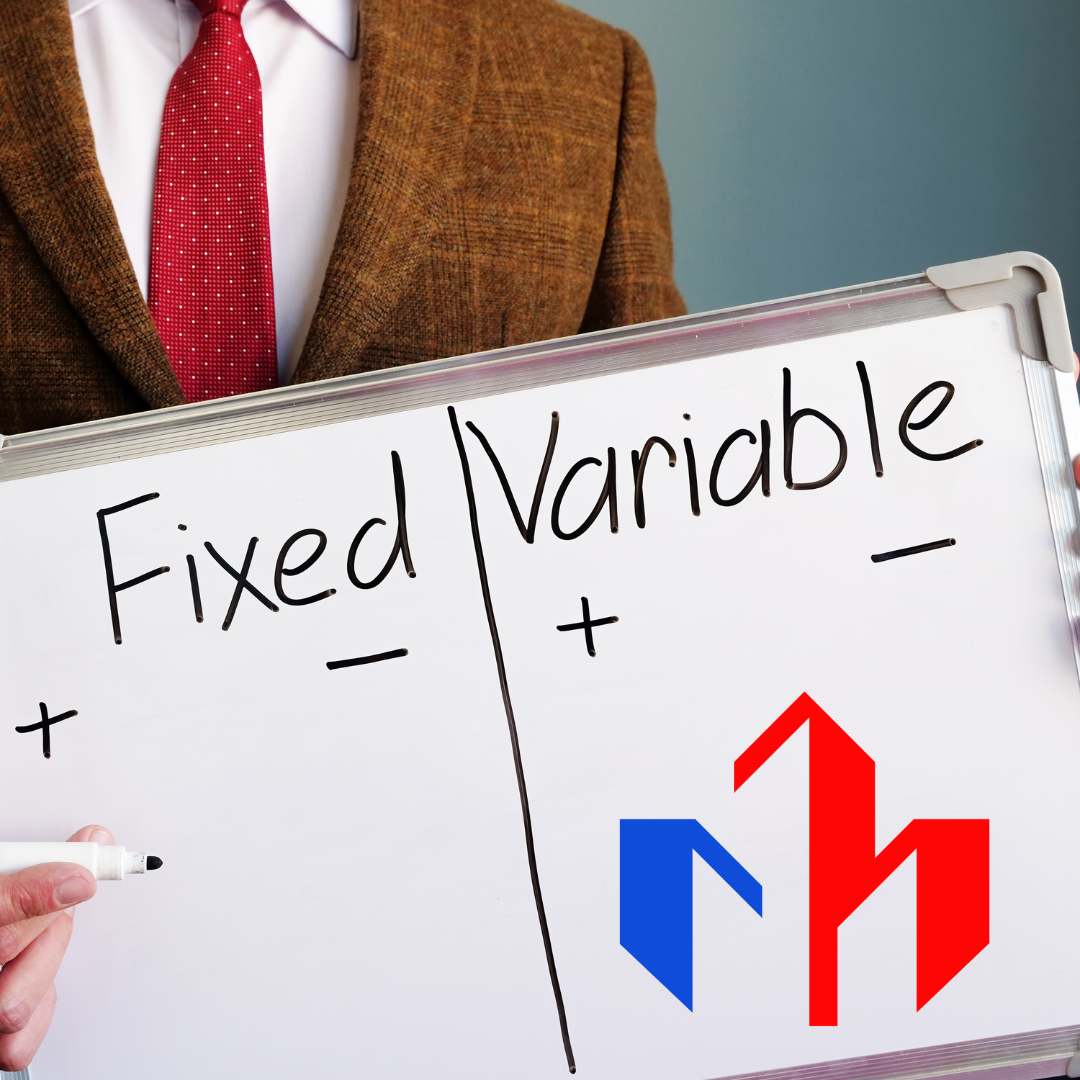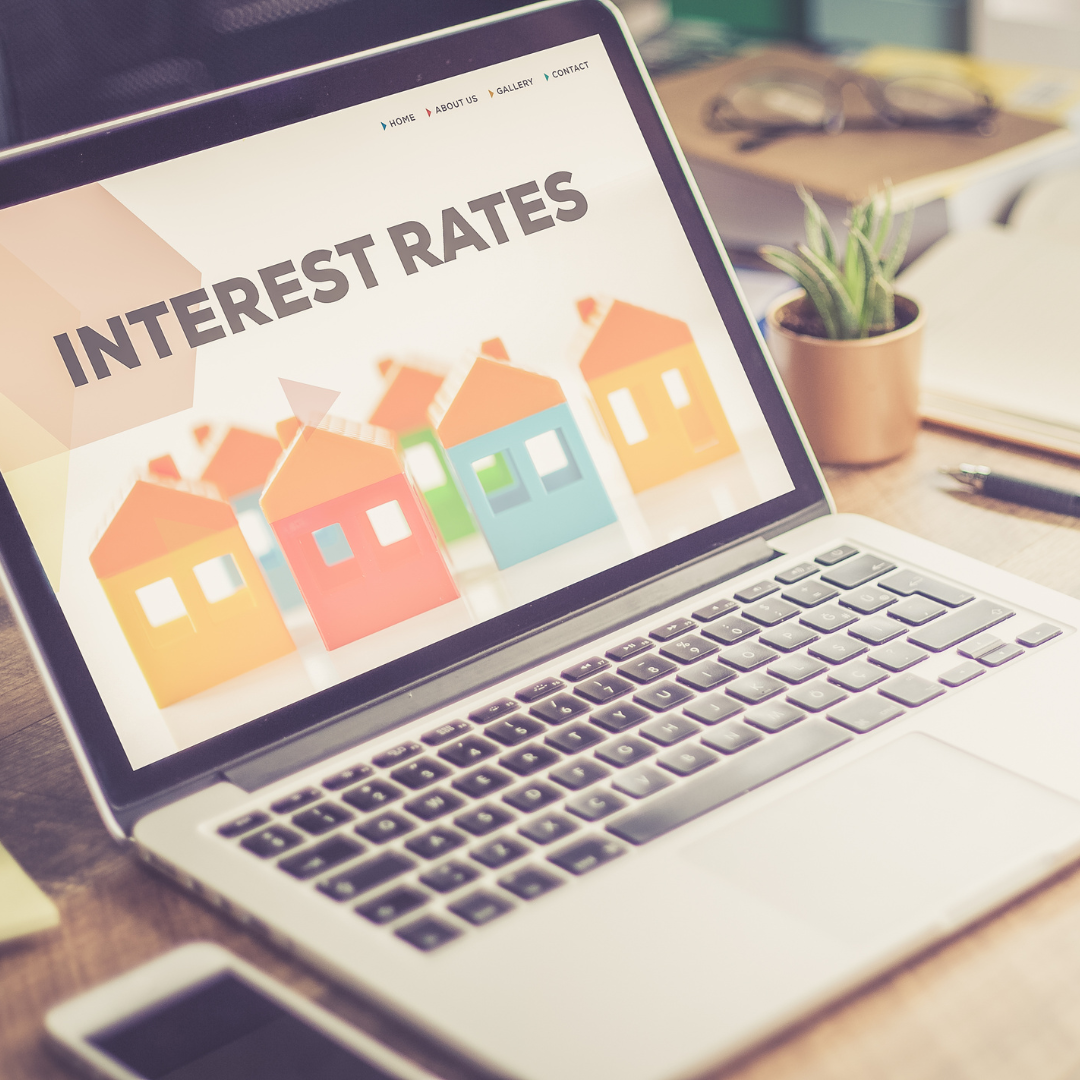When is the best time to get a variable-rate mortgage
You’ll save money each month on your payments and in the long run by taking out a variable-rate mortgage when interest rates are low. By locking in a lower interest rate now, you’ll pay less interest over the duration of the loan.
When is the best time to get a variable-rate mortgage?
Variable-rate mortgages are at their most favourable terms during the spring market.
The benefits of a variable-rate mortgage
With a variable-rate mortgage (also called an adjustable-rate mortgage, or ARM), the interest rate on the outstanding balance of the loan varies over time. Usually, the initial interest rate is lower than that of a comparable fixed-rate loan, resulting in lower monthly payments during the initial period of the loan.
Variable-rate mortgages typically have lower interest rates than fixed-rate loans, especially during the initial loan period. This can be a great money-saver for borrowers who think they’ll sell or refinance their homes before the initial period is up. For example, if someone has an original loan amount of $200,000 with an interest rate of 4%, the monthly payment would be $955. However, if rates rise to 6%, the monthly payment on the same loan amount would increase to $1,199 – a difference of $244 per month.
Another advantage is that variable-rate mortgages give homeowners more wiggle room in their budgeting, as payment sums can differ from month to month. This can come in handy for those who are self-employed or have an inconsistent income.
There are some risks that come along with variable-rate mortgages as well. Most significantly, if interest rates go up during the life of the loan – as they did after the 2008 financial crisis – borrowers could end up having to pay much more each month than they initially thought. Consequently, it’s important to thoughtfully evaluate your personal situation before deciding if a variable-rate mortgage is the best option for you.
The risks of a variable-rate mortgage
A variable-rate mortgage, or a floating-rate mortgage, is a type of home loan in which the interest rate varies along with market interest rates. The monthly payments on a variable-rate mortgage will fluctuate when the interest rate changes.
Variable-rate mortgages are often considered high-risk because your monthly payment could jump significantly if market interest rates go up. For example, you could see your monthly payment increase by over $200 if you have a variable-rate mortgage with an interest rate of 3% and market rates rise to 5%. This type of increase can be tough to manage on a tight budget.
If you are okay with a bit of risk and confident you can handle monthly payments if interest rates go up, a variable-rate mortgage is likely best for you. If you don’t feel comfortable with this level of risk or doubt your ability to make payments, a fixed-rate mortgage may be a wiser choice.
How to choose the right variable-rate mortgage
You can save a lot of money on your mortgage by choosing a variable-rate mortgage, but only if you select the right one. There are many different kinds of variable-rate mortgages, so you should compare them before making a decision.
The most vital element to think about when picking a variable-rate mortgage is the interest rate. Some mortgages have higher interest rates than others, so it’s crucial to compare rates before making a decision.
The term of the mortgage is another thing to think about. Some mortgages have shorter terms than others, so it’s important to compare the length of different mortgages when you’re making your decision.
In addition, the fees connected to each mortgage should be taken into account. Some mortgages have steeper fees than others, so it’s key to compare the fees before making a decision.
The pros and cons of a variable-rate mortgage
A variable-rate mortgage is a home loan whose interest rate changes over time. Your mortgage’s interest rate is set by several things, such as the Bank of England base rate, the length of your mortgage term, and your lender’s standard variable rate (SVR).
Weighing the pros and cons is essential before you apply for a variable-rate mortgage, as it could help you take advantage of decreasing interest rates; though, your monthly repayments might also go up if rates rise.
The advantages of a variable-rate mortgage
Your monthly repayments could potentially decrease if interest rates go down.
-You could potentially overpay without being penalized, which could help you pay off your mortgage more quickly.
If mortgage rates go up and you would feel more comfortable with the stability of fixed monthly repayments, you may be able to switch to a fixed-rate mortgage without being charged a penalty.
Drawbacks of a variable-rate mortgage
-Your monthly repayments could increase if interest rates go up
-An early repayment charge (ERC) may apply if you want to switch to a different mortgage type before your initial deal period ends.
The bottom line on variable-rate mortgages
Your interest rate will change along with the prime lending rate set by Canadian banks with a variable-rate mortgage – meaning your payments could increase or decrease.
The main perk of a variable-rate mortgage is that you could save money if interest rates go down. That’s because lower monthly payments come with a lower interest rate. On the other hand, you might have to pay more each month than you would with a fixed-rate mortgage if rates go up.
Variable-rate mortgages are most advantageous for borrowers who:
– are willing to take on additional risk; and
– are confident they can afford higher monthly payments if interest rates go up.
FAQs about variable-rate mortgages
A variable-rate mortgage is a home loan where the interest rate is not set and can fluctuate over time. The advantage of a variable-rate mortgage is that the interest rate may be lower than a fixed-rate mortgage at the beginning of the loan, which can save you money. However, as interest rates go up, your monthly payments with a variable-rate mortgage can also increase.
The following are some frequently asked questions about variable-rate mortgages to assist you in deciding if this kind of home loan is right for you:
Q: How frequently can the interest rate on a variable-rate mortgage change?
The frequency of interest rate changes usually is once per year, but it might be different depending on your lender.
Q: How much can the interest rate on a variable-rate mortgage fluctuate?
A: The answer to this question differs depending on your lender, but generally speaking, the maximum amount that the interest rate can go up or down is 2% annually. Even if interest rates increased by 2% each year, it would still take a few years for the payments on your variable-rate mortgage to surpass those of a comparable fixed-rate mortgage.
Q: Can I lock in my interest rate with a variable-rate mortgage?
A: No, you cannot lock in your interest rate with a variable-rate mortgage.
Q: Do most lenders offer the option to lock in your interest rate for a period of time?
A: Yes, most lenders offer the option to lock in your interest rate for a period of time (usually 1-5 years) at a higher cost. This can give you some peace of mind if you’re worried about rising interest rates.
Q: Are there any other risks associated with a variable-rate mortgage?
A: With a variable-rate mortgage, another risk in addition to increasing interest rates is that if you must sell your home before the end of your term, you could end up owing more than the market value of your home at that time if interest rates have gone up since you originally took out your loan. However, this risk applies to all types of mortgages – not just variable-rate ones.
5 things to know about variable-rate mortgages
The interest rate for a variable-rate mortgage also called an adjustable-rate mortgage, may go up or down periodically over the life of the loan according to changes in an index such as the U.S. Prime Rate or the London Interbank Offered Rate (LIBOR).
Although a variable-rate mortgage may have lower monthly payments, to begin with, it could end up costing more in the long run if interest rates go up.
Here are five things you should know about variable-rate mortgages:
- The interest rate for a variable-rate mortgage may fluctuate over time.
- The monthly cost of a variable-rate mortgage can go up or down depending on whether interest rates increase or decrease.
- The terms for variable-rate mortgages are generally shorter than those of fixed-rate mortgages, so the interest rate changes may occur more often during the life of the loan.
- Some lenders offer adjustable-rate mortgages that come with interest rate caps, limiting how much your payments could increase or decrease.
- Weigh the pros and cons of a variable-rate mortgage against a fixed-rate mortgage to see which one is best for you.
| MortgagesToGo.ca | |
| Website | Mortgagestogo.ca |
| Services | New purchase, refinancing and equity takeouts, mortgage transfer, mortgage renewal Rates |
| Rates | https://mortgagestogo.ca/mortgage-rates/ |
| Address | 223, 14 Street NW Calgary, AB T2N 1Z6 |
| Contact Details | (587) 812-4139 |
| Operating Hours | Monday – Saturday 9 AM – 9 PM |









